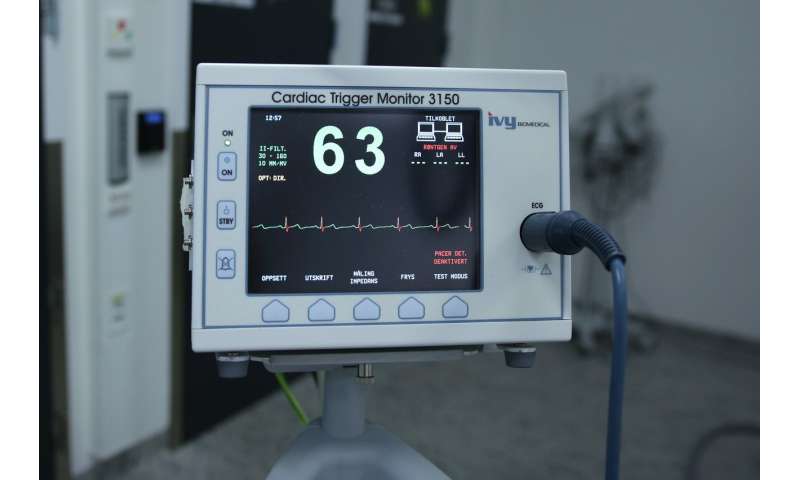Researchers identify potential target for cardiac fibrosis treatment


A research team led by scientists from the Consortium for Fibrosis Research & Translation (CFReT) at the University of Colorado School of Medicine has identified a potential target for treating heart failure related to fibrosis.
Fibrosis is a wound-healing response after tissue injury or stress. Cardiac fibrosis can cause abnormal stiffening of the heart, contributing to the pathogenesis of heart failure, a condition that afflicts millions of people worldwide. Fibrosis is driven by cells called fibroblasts, which produce excess amounts of extracellular matrix proteins such as collagen, and thereby disrupt operation of the heart.
The CU-led team’s study looked at an epigenetic ‘reader’ protein known as BRD4, showing that it serves a central role in regulating the activation of cardiac fibroblasts. They also found that chemical inhibitors of BRD4 potently block cardiac fibroblast activation, providing a foundation for developing BRD4-targeted small molecule therapies for the treatment of heart failure.
The study was published online last week and appears in the current issue of Circulation Research, the official journal of the American Heart Association and its Council on Basic Cardiovascular Sciences. The cover image for this issue of the journal was chosen from the article. The first authors are Matthew S. Stratton, Ph.D., and Rushita A. Bagchi, Ph.D., and the senior author is Timothy A. McKinsey, Ph.D.
Source: Read Full Article